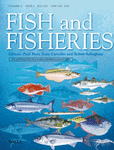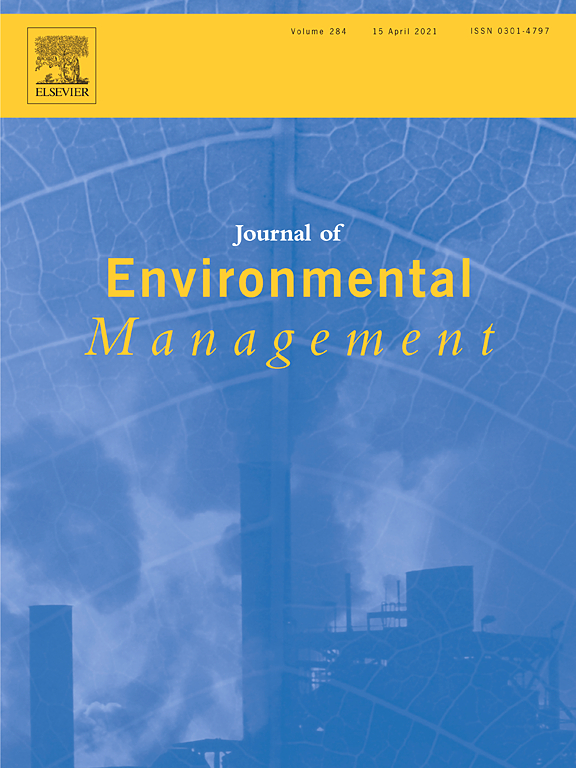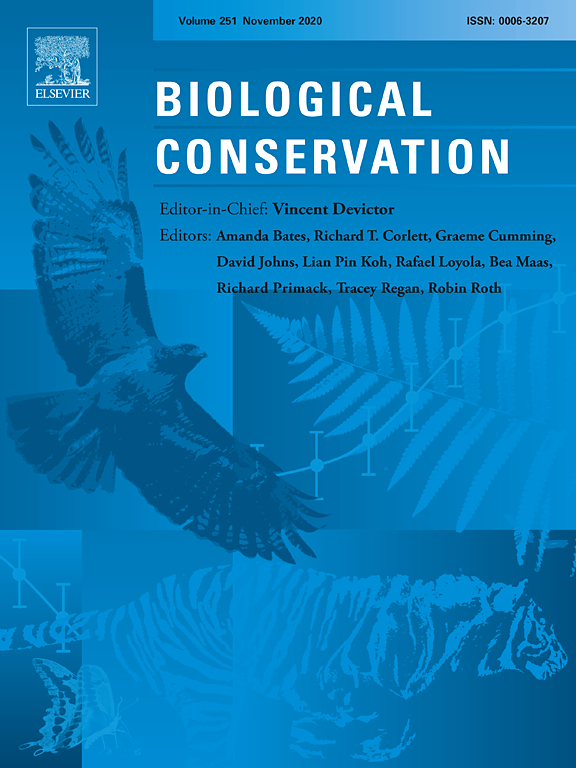- Programme area:2) Ecosystem Services for a Sustainable Future
Recreational angler satisfaction: what drives it?
What makes anglers happy? Is catch necessary? A recent global meta-analysis shows that catch and non-catch aspects jointly are relevant to angler satisfaction, but the catch and harvest component have stronger effects than most non-catch aspects.
Misbalance of thyroid hormones after two weeks of exposure to artificial light at night in Eurasian perch Perca fluviatilis
In a lab study it was tested if light pollution affects thyroid hormones in Eurasian perch. The results show first signs of endocrine disruption in thyroid metabolism after a relatively short exposure of two weeks under high-intensity streetlight conditions. Misbalanced thyroidal status can have serious implications for metabolic rates as well as developmental and reproductive processes.
The role of behavioral ecotoxicology in environmental protection
Many contaminants affect organismal behavior and subsequent ecological outcomes. To improve understanding of the challenges and opportunities for behavioral ecotoxicology within regulatory toxicology/risk assessment, the authors formulated perspectives and recommendations, which promise to serve as a roadmap to advance interfaces among basic and translational sciences, and regulatory practices.
The battle between harvest and natural selection creates small and shy fish
Fishing primarily removes larger and more active fish from populations. It thus acts as a selection factor that favours shy fish, as this study led by IGB shows.
How much habitat does a river need?: a spatially-explicit population dynamics model to assess ratios of ontogenetical habitat needs
The authors used a spatially explicit population dynamics model for the barbel to investigate the functional dependencies of sub-habitats. They showed that revitalising only spawning or only juvenile habitats is not effective; the functional unit and a minimum size of habitats are essential. The model helps to predict the revitalisation success on the basis of the size.

Global participation in and public attitudes toward recreational fishing: international perspectives and developments
The literature on global trends in recreational fishing, the determinants of participation and its social embedding in the public eye are reviewed across the world. In western countries, a sustained shift in public values from anthropocentric to more biocentric viewpoints is documented. This shift elevates biodiversity conservation toward a key goal of contemporary fisheries management.
More than one million barriers fragment Europe’s rivers
The study shows: Europe has some of the most fragmented rivers in the world. On average, there is about one barrier per 1.4 kilometres of stream, in Germany even two barriers per kilometre. Small transverse structures with an impoundment height of less than two metres account for the lion's share. The study also shows opportunities for reconnecting streams and rivers.
The combined effects of climate change and river fragmentation on the distribution of Andean Amazon fishes
Combining species distribution models and functional traits of Andean Amazon fishes, coupled with dam locations and climatic projections, the authors evaluated the potential impacts of future climate on species ranges, investigated the combined impact of river fragmentation and climate change and tested the relationships between these impacts and species functional traits.
On the conservation value of historic canals for aquatic ecosystems
The authors reviewed ecological studies in historic canal systems, examined the potential of historic canals to contribute to aquatic biodiversity conservation, and provided suggestions to promote biodiversity conservation given the opportunities and challenges in canal management (e.g., nature conservation vs historic preservation).
The role of connectivity in the interplay between climate change and the spread of alien fish in a large Mediterranean river
Dams exacerbate the consequences of climate change on river fish: A potential response of river fish to environmental changes is to colonise new habitats. Dams restrict the habitats of fish, but do not necessarily prevent the spread of invasive species, as Johannes Radinger and his team found.








